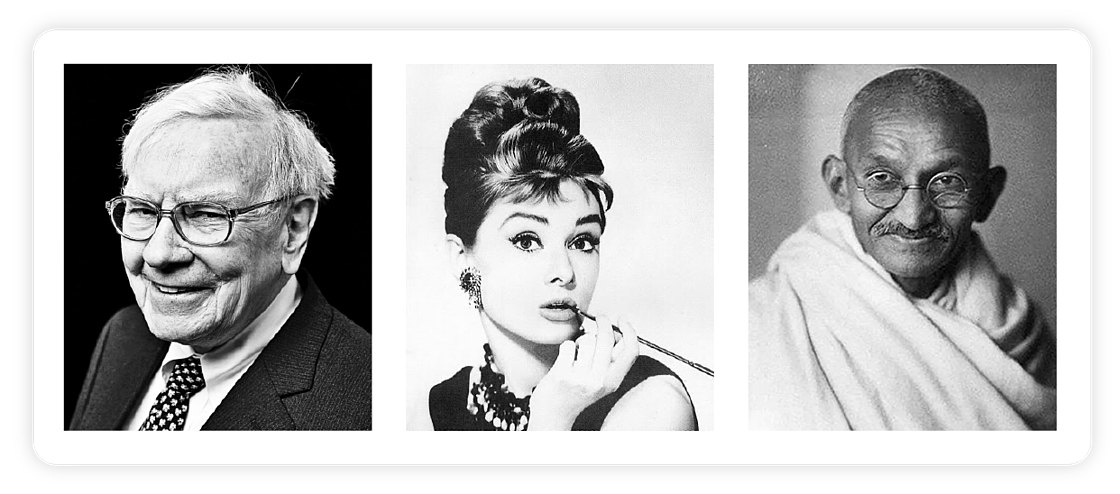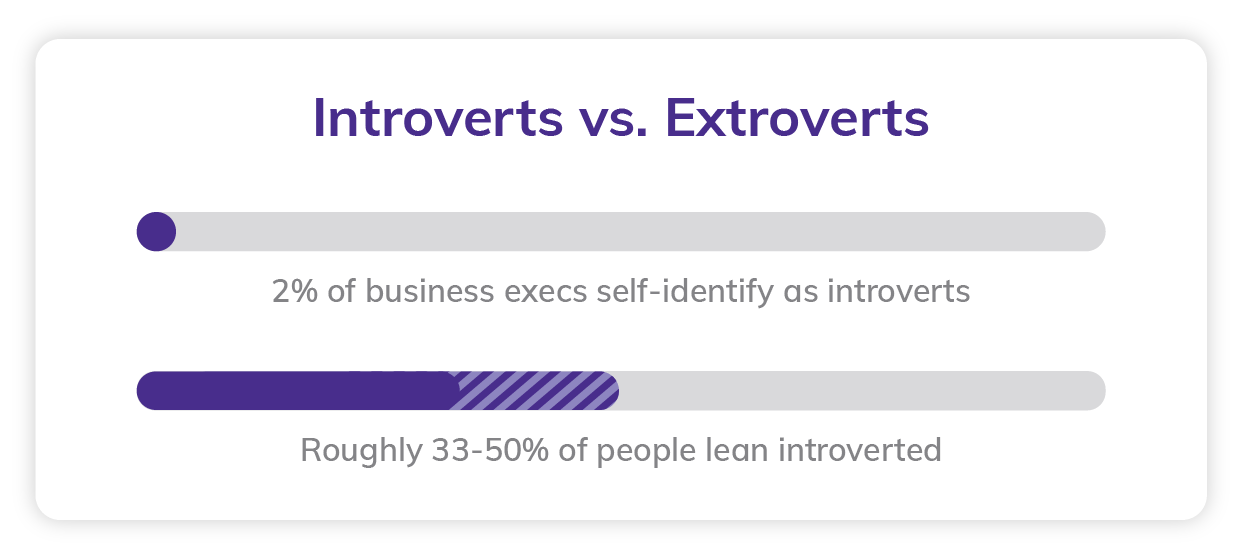Unicorn Sighting 🦄
May 19, 2021
BILLION DOLLAR BABY
How Gusto grew up to be a unicorn
.gif)
Here's the thing about unicorns: they weren't always worth a billion bucks. At one point, they were a small business (like yours). But then, they tried something new and unlocked exponential growth. And whatever that "something" is, most of them keep it to themselves.
Until now. Gusto, the HR management company that hit unicorn status in only 4 years, just broke down exactly how they did it. This includes what parts of their business they bet on.
Here's your one-time, inside look at how unicorns get built:
- Building a rave-worthy product. There were plenty of HR solutions available when Gusto launched. But they set themselves apart by focusing on people first. Meaning they obsessed over their net promoter score (which now hovers around 80). And used customer feedback to directly shape the product.
- Prioritizing their partnership program. In Gusto's case, this meant partnering with accountants. AKA the small business influencer of payroll solutions. And by incentivizing these accountants to recommend their payroll system to clients for a cut of the profit, they created a referral engine.
- A kick-ass organic growth strategy. Gusto invested in creating tons of (long form and short form) blog posts. And they used them to educate business owners on payroll, benefits, HR, and culture-building. But in the process, they also established themselves as the go-to expert.
Valued at roughly $4B today, Gusto is by no means still small. But they're proof that starting small doesn't mean you have to stay small - if you don't want to. You just need to figure out what your "something" is (we'd start with testing what's proven to work with Gusto) and using it to your advantage.
👉 Get all of Gusto's secrets.
OH, THE IRONY
Why documents are the worst tool for documentation
It's true – documents are hands-down the last tool you want to use for documenting your business (AKA process documentation). And while you're probably thinking, how can this be? Documents are overwhelming at best and total chaos at worst.

That's because old-school paper, Microsoft Word, and Google Docs might be great for drafting ideas and cross-team collaboration. But they're awful at capturing knowledge and aligning your team. At the end of the day, that's what documenting your business is all about!
Here's our proof:
- OG paper docs are quickly outdated and difficult to update. Meaning, there's someone on your team running processes the old way because that's the only documentation they have. And there's no easy way to update them on the new way of doing things.
- Microsoft Word results in a scavenger hunt. Any documentation your team doesn't have saved, they have to track down. Meaning, they'll waste upwards of 25% of each workweek looking for the info they need to do their job.
- Google Docs doesn't hold anyone accountable. AKA there's no way to tell if someone reviewed the documentation. Let alone understood it.
So, if not any of these tools, then what? Trainual, of course! (Don't call us biased - G2 named us the top-rated documentation tool for SMBs.)
Trainual makes it easy to update your processes, organize your documentation, and hold your team accountable. That way, you can finally take the chaos out of running your business - and focus on scaling your best processes instead.
👉 Learn more.
LET'S LEVEL-SET
Introverts are seen as ineffective leaders - and it's BS
What do Warren Buffet, Audrey Hepburn, and Mahatma Gandhi all have in common? If you said they're all introverts - you're right! And they're not alone - many of history's most effective leaders are introverts.

Yet, 65% of senior execs see introversion as an obstacle to leadership. And only 6% think introverts have the people skills to lead a successful team.
But here's what those people don't get: introversion has nothing to do with social skills. Carl Jung, the renowned psychoanalyst, first defined introverts as someone who gets their energy from being alone - unlike extroverts who get it from other people.
But here's the catch: no one is purely introverted or extroverted. It's a spectrum. And it's estimated that roughly 33-50% of people lean introverted.
Yet, 98% of business execs self-identify as extroverts. This has led to people believing that extroversion is the top leadership skill. And it creates a bias against introverted candidates applying for leadership positions because they "lack social skills" and "are unwilling to collaborate."

But 89% of introverted leaders say they enjoy collaboration. And when it comes to collaborative projects, their teams actually outperform extrovert-led teams by roughly 28%. And a lot of that comes down to their people-focused approach.
That's because introverts are more likely to show empathy and be receptive to others’ ideas. And as a result, they more effectively lead proactive teams (AKA teams where anyone can contribute ideas). Whereas extroverted leaders excel at leading passive teams (AKA teams that simply follow commands).
That means hiring introverted leaders not only noticeably boosts your business' overall performance. But they're also more likely to unlock better innovations (because everyone's ideas finally get heard).
👉 Debunk all 4 introverted leader myths.
TL;DR
This week's highlight reel
- Is the club cheugy? Clubhouse downloads dropped 89% from their February peak to April. Meaning, the audio-only social app could prove to have been just another fad if downloads keep dropping.
- Tesla made a hard U-ey when Elon tweeted that Bitcoin is no longer a payment option. The CEO cited environmental concerns as the cause, but people are raising brows at the cryptocurrency's stability.
- Let's review. This year, Yelp plans to expand its advertising tools to get service-based businesses more exposure. This initiative includes ways for customers to easily request quotes in the app and advertise using data other than physical location.
- Like LinkedIn - but for Gen Z. TikTok is launching job services for younger talent. With these services, you'll be able to recruit candidates from the platform using their video resumes. (Dance moves optional).
- Where work isn't a 4 letter word. Inc just announced the 429 best places to work. (You may even see a familiar name in there! 😉)




